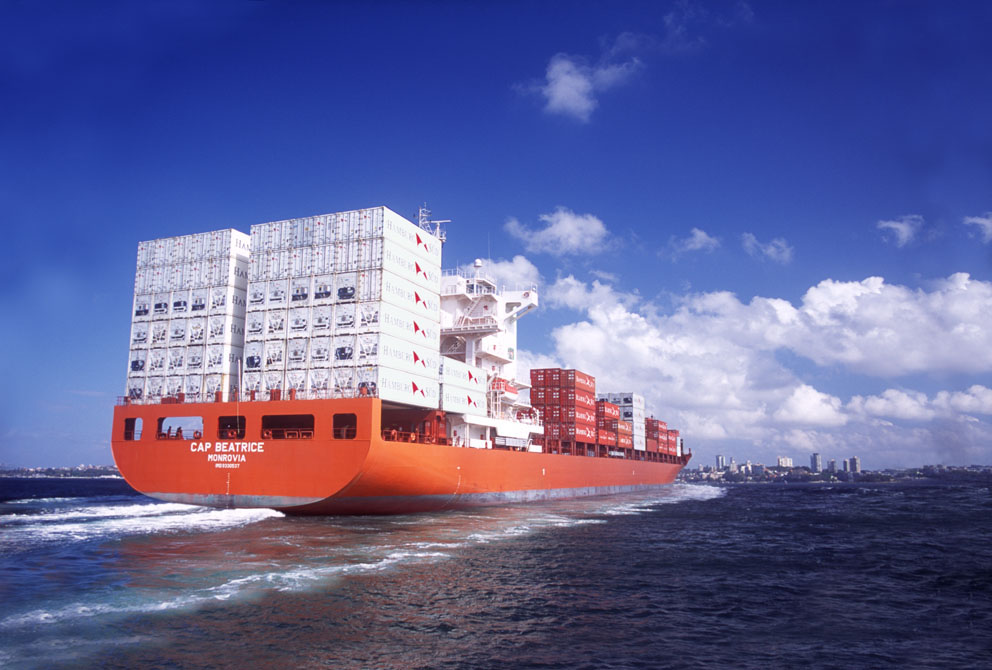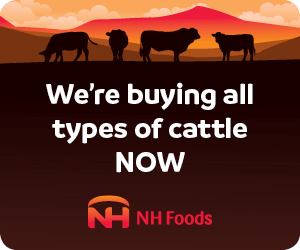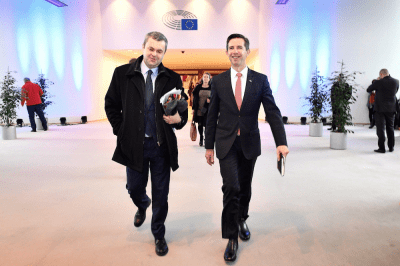
THE European Union (EU) has agreed to provide the United States’ with a dedicated country specific quota for high quality beef imports.
The move settles an historic trade dispute but comes at the expense of EU market share currently held by other beef exporting nations including Australia.
 Details of the agreement as confirmed by Government and trade soures to Beef Central today indicate the US will receive an initial allocation of 18,500 tonnes from the 45,000 tonne EU grainfed quota, increasing to 35,000 tonnes over the next seven years.
Details of the agreement as confirmed by Government and trade soures to Beef Central today indicate the US will receive an initial allocation of 18,500 tonnes from the 45,000 tonne EU grainfed quota, increasing to 35,000 tonnes over the next seven years.
The date of commencement of these amended access arrangements is yet to be confirmed.
Australia will continue to access the remainder of the EU quota (initially 26,500 tonnes) with other eligible suppliers, including New Zealand, Argentina and Uruguay.
Beef shipped within the 45,000t quota is tariff-free.
Beef shipped outside the quota attracts exorbitant tariffs that make further exports uneconomic.
The quota is filled on a first come, first served basis, and Australia has recently secured about one third of the annual market, or about 13,000 tonnes per year.
While small in volume, the EU is the highest paying beef market Australia has access to, with the trade worth about $238 million last year.
Australian beef suppliers to the market have previously pointed out that granting exclusive access to a single country in this way would breach World Trade Organisation rules and discriminate against other suppliers.
However, the EU has consented to the US request for a country-specific allocation, against a backdrop of broader trade re-negotiations taking place between the two large trading partners.
In addition to the grainfed quota, Australia is also able to supply 7150 tonnes of high quality beef – grassfed or grainfed – to the EU each year at a tariff rate of 20 percent.
The Australian Government has reacted with disappointment to news of the trade agreement.

Australian Trade Minister Simon Birmingham (right) with Member of the European Parliament Sorin Moisa in Brussels in January.
“We are deeply disappointed that US demands have resulted in the EU reducing the quota available to Australian beef producers,” Federal Trade Minister Simon Birmingham said in a statement to Beef Central.
“Our Government has worked closely with the Australian beef industry to advocate for continued access of our beef exports into the European market and, noting the inevitability of this decision, to seek a lengthy transition period.
“The efforts of government and industry helped to secure a number of concessions, especially the seven year transition period.
“We will continue to seize every opportunity to stand up for the best interests of our beef exporters by using this transition period to identify new, commercially-meaningful market access opportunities into the EU and other markets.
“This decision has only strengthened our resolve to secure a comprehensive and ambitious Australia-EU FTA that gives our producers significantly improved access into this large market.”
The new deal means over the next seven years Australia, New Zealand, Argentina and Uruguay will be left to fight over a decreasing share of quota, culminating in a meagre 10,000t, while the US share will increase to a full 35,000t. The date of commencement of these amended access arrangements is yet to be confirmed.
The Cattle Council of Australia said the deal increases the urgency to secure an Australia-EU Free Trade Agreement.

Tony Hegarty
“This outcome, though somewhat expected, is disappointing and just shows how important an Australia-EU free trade agreement is, and why we’re working so hard to secure it,” CCA president Tony Hegarty said.
“Australian beef is a valuable export earner for our economy and producers expect effective government and industry lobbying to secure improved market access and greater trade liberalisation.”
“The seven-year transition period, secured thanks to effective industry and government advocacy on behalf of Australian producers, is a significant concession and buys us time while we pursue the FTA with the EU.”
Australian Meat Industry Council CEO Patrick Hutchinson said industry and government had pulled together and worked hard to try to get the best outcome from Australia from the EU-US deal.
“We obviously have been at the forefront of what has been going on and we are obviously disappointed,” MrMr Hutchinson said.
“Essentially it was very difficult for Australia and I think that is what the minister has certainly said, it has been very difficult for us to get to a point where we had that full market access and we agree with him that the best possible outcome in this way was getting that long transition period.
“That is what we realy worked hard on”.
Securing an ambitious EU FTA as soon as possible was now a priority.
“We’re working as well as we can within the boundaries of the FTA development, and we’re not new at this, with ChAFTA, and Korea and Japan (FTAs) AMIC has been at the forefront at that development.
“I can obviously undestand out there some negativity and disappointment about what has gone on, but essentially now is not the time to be running around and throwing rocks at our trading partners, it is now time for us to accept what has happened, look to figure out how we are going to manage that and what essentially our next steps are and then look to work towards that EU FTA.”
The US is a significant export competitor to Australian beef in several high value markets, but also a significant market for Australian beef exports.
The challenges created by this contrasting competitor/customer dynamic was reflected in the differing views surrounding how Australia should have responded to the US challenge to Australia’s EU market share.
Some advocated a circumspect approach fearing retaliatory US punishment of Australian beef imports if Australia pushed too hard against the US bid for enhanced EU access, preferring to focus instead on securing a positive EU FTA outcome and wanting to avoid a lengthy WTO dispute resolution process at the same time.
Others saw that view as baseless scare mongering and pointed to the need to protect a vitally important high value market rather than the prospect of a future deal that may still be several years from being secured, and for WTO rules to be respected.
